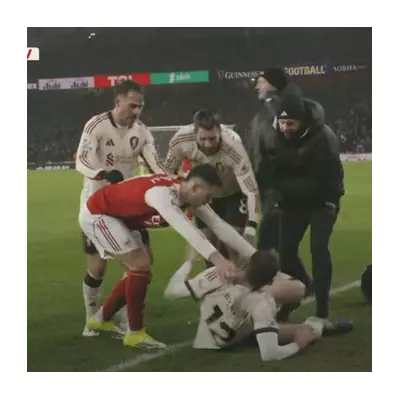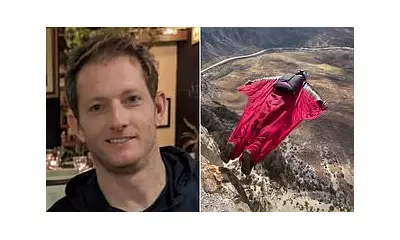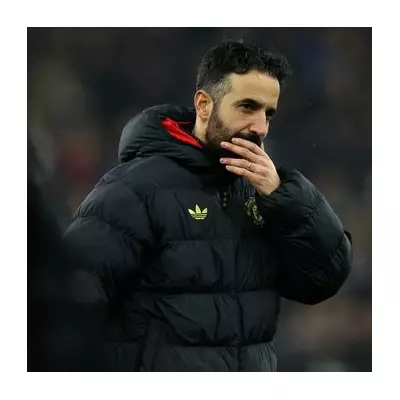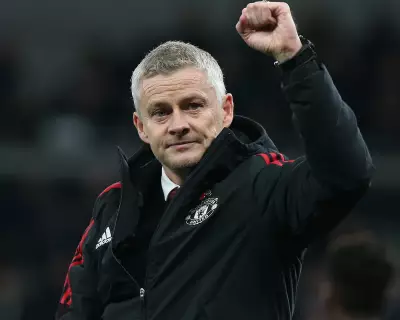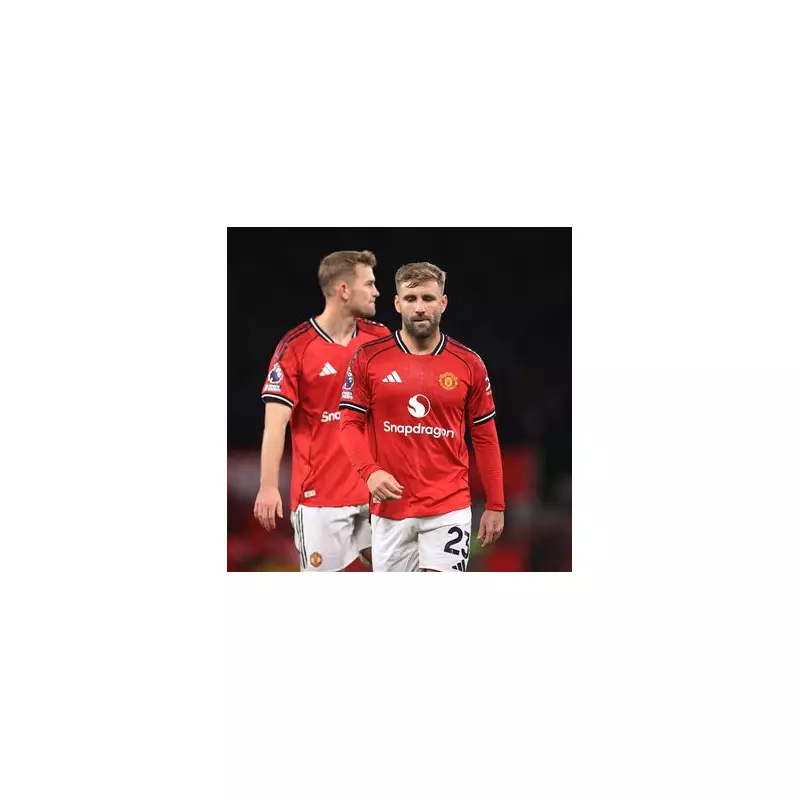
Former Manchester United captain Gary Neville unleashed a furious tirade against defender Luke Shaw following the team's dismal 1-0 home defeat to Everton, but the real blame for the club's prolonged struggles lies elsewhere.
The Neville Blast: 'Ambling' and 'A Waste of Time'
During the chastening Monday night loss, Neville singled out Shaw for scathing criticism while commentating for Sky Sports. He accused the left-back of 'ambling' through the match and labelled his performance 'a waste of time'.
'You have Shaw, (Leny) Yoro and (Matthijs) De Ligt behind the ball,' Neville raged. 'Shaw is getting forward more, but he's ambling forward, let's be clear. He's been bugging me for the last 20 minutes. He's ambling, you can't do that. He should be running forward every single time, I don't care.'
While Neville expressed some sympathy for young defender Yoro, his focus remained sharply on Shaw, stating, 'But Shaw? That's a waste of time. I don't care. It's a waste of time. It's not conning anybody. I'm not having it.'
The Great Survivor at Old Trafford
However, this criticism overlooks a more systemic issue at Manchester United. Luke Shaw embodies the era of mediocrity that has plagued the club for the past decade. Now in his ninth different managerial reign under Ruben Amorim, Shaw has become the club's great survivor.
The defender joined Manchester United from Southampton back in 2014. In the nearly dozen seasons since, he has managed just 210 Premier League appearances, a relatively low return for such a long tenure. Despite well-documented struggles with serious injuries, loss of form, and criticism from various managers, Shaw has consistently received new contracts from the club's hierarchy.
His most recent deal, handed to him by former boss Erik ten Hag in 2023, is set to keep him at Old Trafford until June 2027, close to his 32nd birthday.
Where the Blame Truly Lies
The core of the problem is not Shaw's occasional ambling, but a deeply ingrained culture at the club that rewards mediocrity. United's decision-makers have repeatedly fallen into the trap of offering lucrative, long-term contracts to players, effectively placing them in a comfort zone where they can cruise on substantial wages without the pressure to consistently perform at the highest level.
While Neville could have chosen from a host of underperforming players after the Everton defeat – including Joshua Zirkzee, Yoro, Patrick Dorgu, or Casemiro – his focus on Shaw is telling. It highlights a player who has symbolised this underwhelming period, yet the responsibility for enabling this culture of underachievement rests squarely with the club's leadership.
If there is to be genuine accountability for the malaise engulfing Manchester United, the scrutiny should be directed not at the players on the pitch, but at those in the boardroom who have perpetuated a cycle of decline through poor strategic decisions and a lack of footballing vision.

